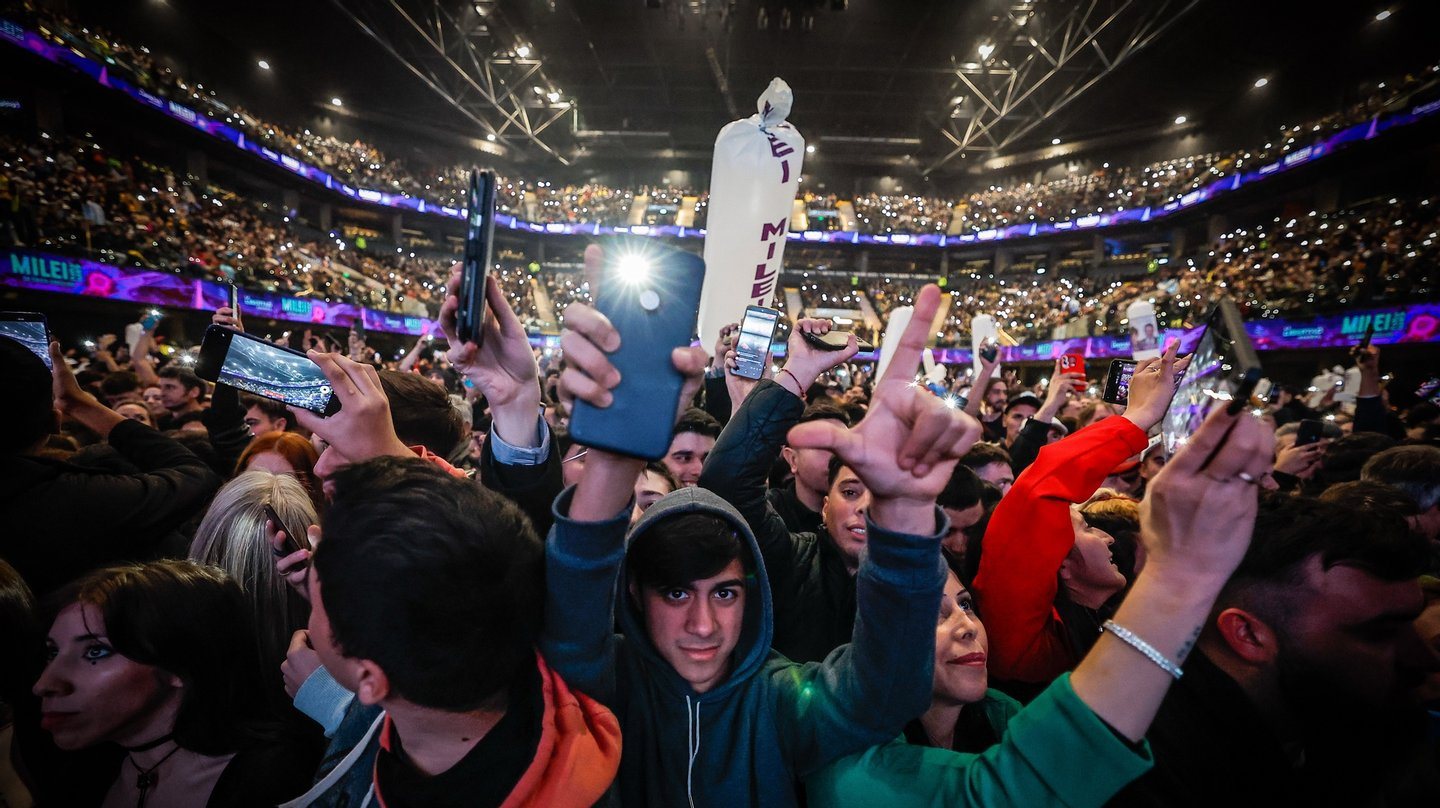The objective of this process is to define which parties are authorized to stand in the national elections, scheduled for October 22 of this year, and the candidacy for the positions of President and Vice President.
The more than 35 million Argentine voters are called to the polls this Sunday to participate in the primary elections that will define the candidates for the presidential elections in October, but also the parties that will contest, on the same occasion, the parliamentary mandates.
These primaries, known as PASO (Primarias Abiertas, Simultáneas y Obligatorias), have been part of Argentine politics since 2009 and take place at a time when Argentina, the third largest economy in Latin America, is facing a delicate economic scenario, marked by severe monetary and tax imbalances, extremely high inflation, and rising poverty.
The objective of this process is to define which parties are authorized to stand in the national elections, scheduled for October 22 of this year, and the candidacy for the positions of President and Vice President of each political force.
In order to obtain the “ticket” for the passage to the October ballot, the parties must obtain a minimum of 1.5% of the votes.
In today’s election, the candidates for the Presidency will be defined, for the period 2023-2027, and for the positions of legislators, since in the vote on October 8, the 130 parliamentary seats and 24 members of the Senate (one third) will be renewed. provinces
Along with these positions, the 19 candidates for the Mercosur parliamentary assembly (Mercado Comum do Sul) will be nominated at the national level and the 24 at the regional level.
In some provinces, candidates will also be elected for some local positions, namely, for the head of the Buenos Aires council and for governor of the provinces of Buenos Aires, Catamarca, Entre Ríos and Santa Cruz.
In today’s primaries, 27 pre-candidates for President are running, distributed by 15 alliances and parties.
Among the political forces contesting these primaries is the Peronist party (in power) União por Pátria, which has two candidates for the presidency: the current Minister of Economy Sergio Massa (president) and the Chief of Staff Agustín Rossi (vice president). . ; the social leader Juan Grabois (President) and the sociologist Paula Abal Medina (Vice President).
There is also Juntos por el Cambio (a center-right coalition), whose pre-candidates for the Presidency are former Security Minister Patricia Bullrich -with deputy Luis Petri for vice president- and the mayor of Buenos Aires, Horacio Rodríguez Larreta, who presented the governor of Jujuy, Gerardo Morales as his vice president.
The formation A Liberdade Avança (extreme right) has as a pre-candidate for the position of president only its leader, the economist and deputy Javier Milei, who nominated the lawyer and deputy Victoria Villarruel for the vice presidency.
The Left Front and Workers Unity (FIT-U) is also running, which presented Myriam Bergman (pre-candidate for president) and Nicolás Del Caño (vice president) as pre-candidates, who will compete with the city legislator. from Buenos Aires Gabriel Solano (President) and the leader Vilma Ripoll (Vice President).
Eighteen of the country’s 24 provinces -with slightly less than half of the electoral rolls- have already held local elections this year to break with general suffrage in October.
Electoral records indicate that 35,394,425 voters are authorized to vote in 104,577 polling stations, that is, in 16,950 polling stations. Voting is only optional among voters in the 16-18 age group, as well as those 70 and older.
Voting centers will be open from 08:00 local time (12:00 in Lisbon) to 18:00 local time (22:00 in Lisbon). Vote counting begins 48 hours after the end of the electoral act.
Source: Observadora
